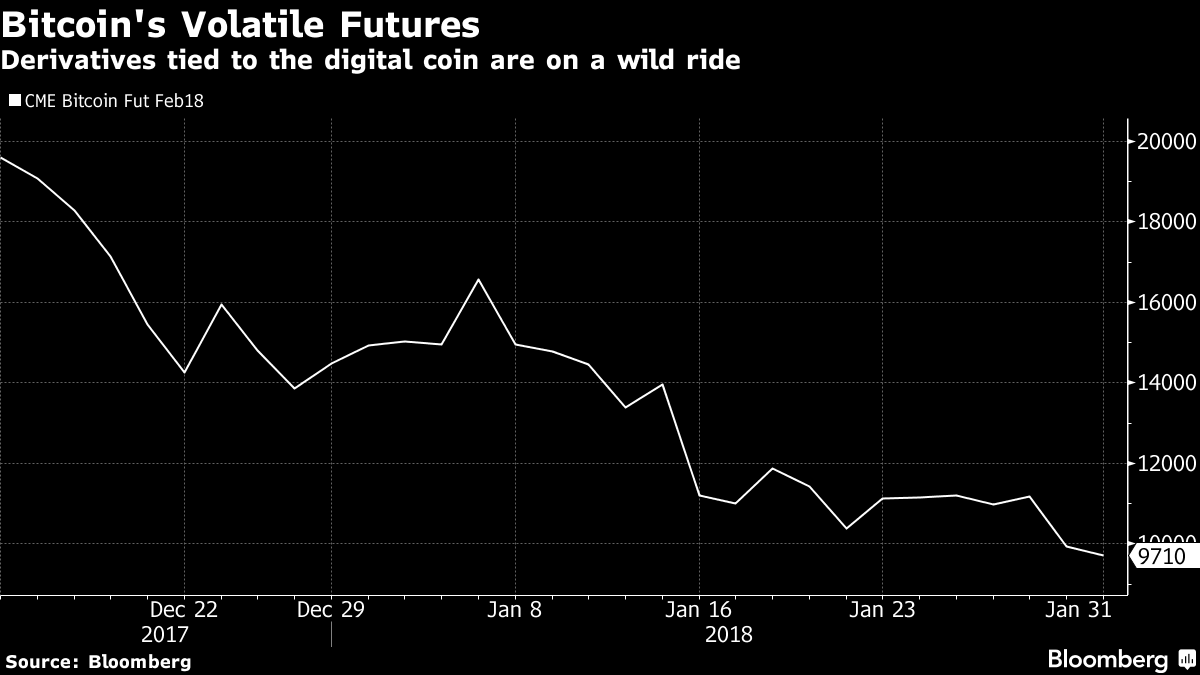Several weeks after becoming the top cop for U.S. markets last May, Jay Clayton began reading everything he could get his hands on about Bitcoin, realizing it was quickly evolving from a method of payment to a global investment craze.
Since then, the Securities and Exchange Commission chairman has elevated digital currencies to the forefront of his agenda, asserting that many of the products fall under the agency’s oversight. During Clayton’s tenure, the SEC has unleashed its enforcement lawyers on companies that are illicitly raising money by selling digital tokens, put the kibosh on attempts to set up cryptocurrency mutual funds and repeatedly urged investors to take more seriously the risk of getting fleeced.
Clayton’s latest concern, detailed in an interview this week, is the lightly regulated exchanges where the currencies are bought and sold. With many located offshore, Clayton said federal authorities have no insight into their operations and little recourse when things blow up for U.S. investors.
“These platforms that these things trade on, they are very easily manipulated and I don’t think investors understand that,” Clayton said. While there’s a thick set of regulations that exchanges must adhere to, “none of that exists” when they aren’t registered with the SEC.

He said he’s concluded that a number of venues should fall under the SEC’s jurisdiction, which would open them up to regular surveillance and ensure they follow investor protection rules. That, of course, could slow down a red-hot market that has thrived in part because it resembles the Wild West.
Sitting at a conference table in his 10th floor office overlooking the U.S. Capitol, Clayton spoke approvingly of the digital-ledger technology underlying the coins and said the SEC isn’t trying to stand in the way of progress. Yet just days after a Japanese exchange revealed it had been robbed of more than $500 million in tokens, Clayton said he was increasingly worried about fraud hitting “Main Street” investors.
“When an ordinary person loses 10, 15, 25 grand, that makes a material difference in their lives and that’s bad,” he said. “Anytime our markets are used like that we need to be paying attention.”
Some also think that digital currencies are a bubble that will inevitably pop. After jumping more than 1,400 percent in 2017 and minting more than a few overnight millionaires, Bitcoin has lost a third of its value this year amid fears that regulators will subject the industry to more rules.
Being Washington’s chief cryptocurrency skeptic is an unusual position for Clayton, a former Wall Street deals lawyer appointed by President Donald Trump. But despite his free-market credentials, Clayton has embraced a go-slow approach that has at times appeared to put the SEC at odds with the other main regulator in the area, the Commodity Futures Trading Commission.








